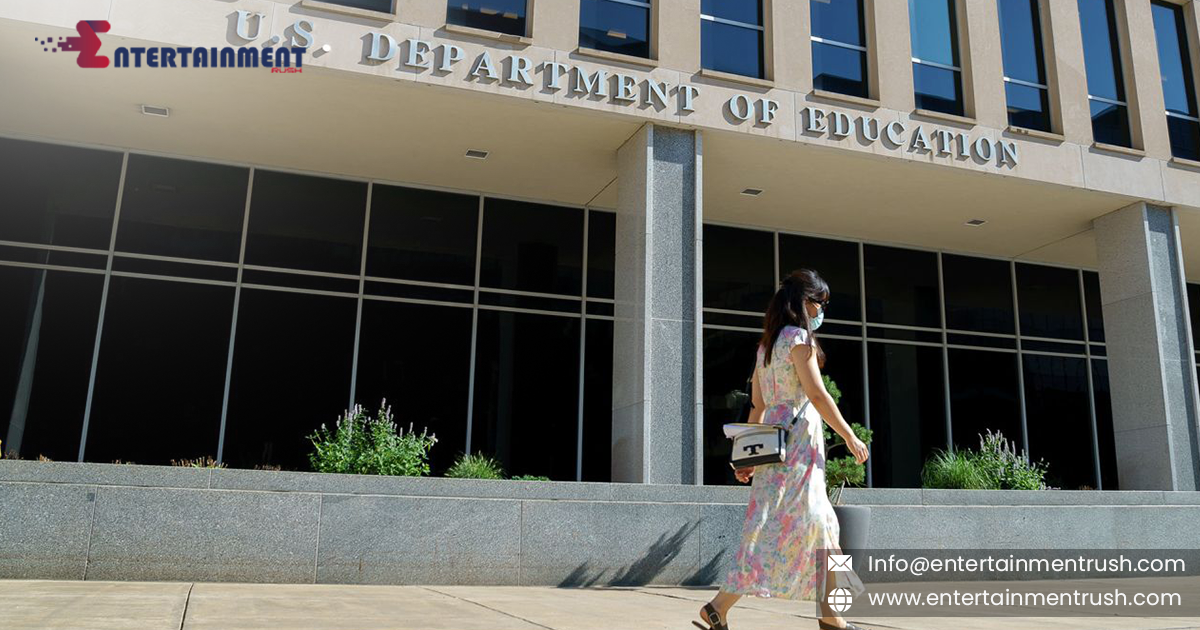The recent proposal by former President Donald Trump to abolish the U.S. Department of Education has reignited a contentious debate about the role of federal oversight in shaping the nation’s educational landscape. While some view this move as an opportunity to decentralize education and return control to states and local authorities, others express concerns about the potential ramifications for children, particularly those in underserved communities.
The Case for Decentralization
Trump’s vision for dismantling the Department of Education is rooted in the belief that education policy is best managed at the state and local levels. Proponents of this idea argue that a one-size-fits-all federal approach often fails to address the diverse needs of communities across the country. By eliminating federal oversight, states could have greater flexibility to tailor curricula, allocate resources, and address local educational challenges without navigating bureaucratic red tape.
Supporters also highlight the potential for financial savings, as abolishing the department could reduce federal spending. Advocates of school choice—one of Trump’s hallmark education policies—believe that empowering parents to choose schools through vouchers or charter programs could drive competition and improve the overall quality of education.
Concerns About Equity and Access
Critics, however, warn that dismantling the Department of Education could exacerbate existing inequalities in the education system. Federal programs and funding, such as Title I grants for schools serving low-income students, play a crucial role in leveling the playing field for disadvantaged children. Without federal oversight, there is a risk that some states may not prioritize equitable resource allocation, leaving vulnerable populations at a greater disadvantage.
Additionally, the department enforces federal laws ensuring access and protections for students with disabilities under the Individuals with Disabilities Education Act (IDEA). Critics argue that removing federal involvement could weaken these protections and create inconsistency in how students with special needs are supported across states.
Impact on Higher Education and Student Loans
The Department of Education also oversees federal student loan programs and Pell Grants, which millions of students rely on to access higher education. Abolishing the department could disrupt these programs, potentially making it harder for low- and middle-income students to afford college. Some experts caution that without a centralized system, student loan management could become fragmented, leading to inefficiencies and confusion for borrowers.
The Political and Practical Landscape
Abolishing the Department of Education would not only require legislative approval but also face significant legal and logistical challenges. The department’s functions, such as administering grants and enforcing education-related civil rights, would need to be reassigned to other agencies or state governments. This transition could create disruptions in the short term, affecting schools, students, and families nationwide.
Moreover, public opinion on this issue remains divided. While some voters resonate with the call for local control, others worry about the broader implications for educational standards and opportunities.
Looking Ahead
Trump’s proposal to eliminate the Department of Education is emblematic of a broader ideological battle over the role of federal government in public life. While the potential benefits of decentralization appeal to many, the risks to equity, access, and consistency in education cannot be overlooked.
As the debate unfolds, the stakes for America’s children remain high. Policymakers and stakeholders must carefully consider the long-term consequences of such a transformative shift to ensure that the promise of education as a pathway to opportunity remains accessible to all.





Leave feedback about this